
Thomas Dorsey Biography
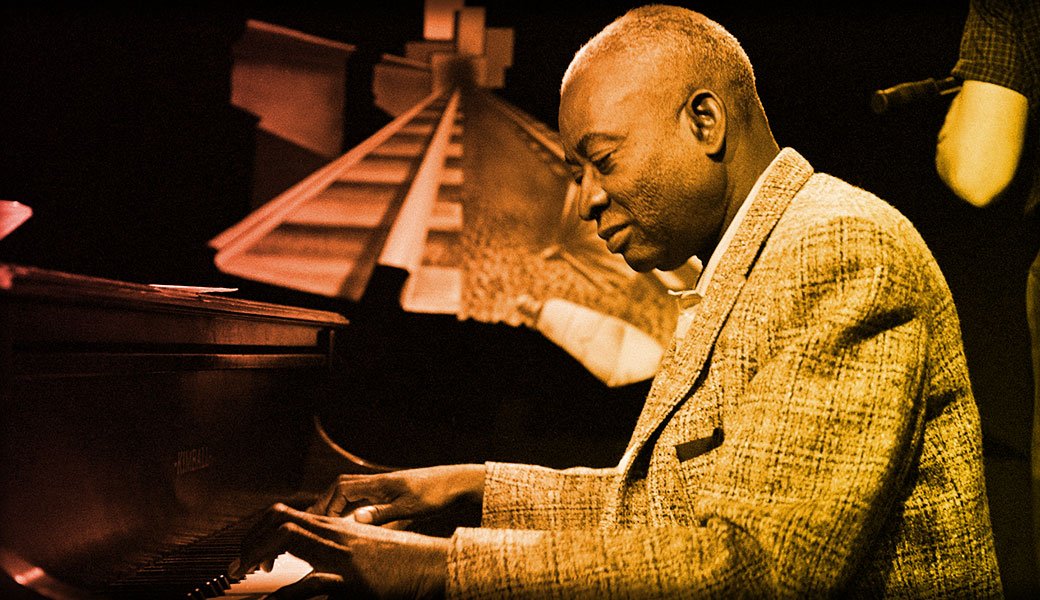
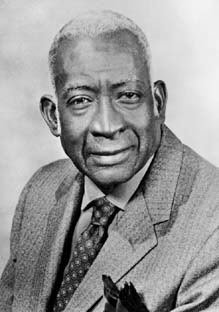
Thomas Dorsey
Without Thomas A. Dorsey who was born in Villa Roca, Georgia on July 1, 1899, there would be no Yolanda Adams, Donnie McClurkin, Whitney Houston or Kirk Franklin. Thomas Dorsey was a man who found himself conflicted between the work of man and the work of God. God did use Thomas Dorsey and by obeying the voice of God and utilizing his gifts, Thomas A. Dorsey, revolutionized sacred church music and ushered in a new genre: gospel.
Background
Dorsey’s father was an itinerant preacher and his mother was the church organist. Together they would produce what would later become known as the father of gospel music.
Thomas A. Dorsey attained his education from the classrooms of Villa Roca and Atlanta in Georgia. As the child of a preacher Thomas attended elementary school where he would learn academics and observe the benefits associated with being the child of a preacher. People all around made much of Thomas because he was the preacher’s son.
Watching his father preach was another lesson for a growing Thomas. As all good preachers of his time, his father had a flair for the dramatic in his preaching, the use of “call and response” where the preacher makes a statement and the congregants respond. The respect his father received from the congregants was not lost on Thomas.
In the gritty rooms of performance halls, Thomas received some of his most valued lessons. By age of eight, he learned to play the organ from his mother, but he learned the syncopations of blues and jazz when he visited the night clubs of Atlanta, where musicians taught him their techniques for playing the piano.
To further his musical career, Thomas Dorsey would eventually leave Atlanta and move to Chicago, an epicenter of jazz and blues. There he learned to master piano playing.
Contradictory Strivings
Thomas’s love for music would take him outside the church to the jazz and blues halls of Chicago. His childhood Christian teachings conflicted with his striving in secular world where he made a living for himself playing at rent parties and composing blues songs.
His mother often advised him to stop playing secular music and “serve the Lord.” He ignored her pleas and at twenty- one years old found himself playing for Ma Rainey, a noted blues performer. His talents also led him to a position as arranger for the Chicago Music Publishing, Inc and Vocalion Records.
Swallowed by the Whale of Secular Music
God had been calling Dorsey to the world of sacred music, and much like Jonah, Dorsey would resist the call. As a result, like Jonah, he, too, would be swallowed up. Dorsey was in Chicago in 1920 at the time when blues music was peaking. Dorsey’s skills were in high demand at night. During the day he worked other jobs and continued to use any spare time he had to study music. Working around the clock, Dorsey had been swallowed up by the blues, both literally and figuratively.
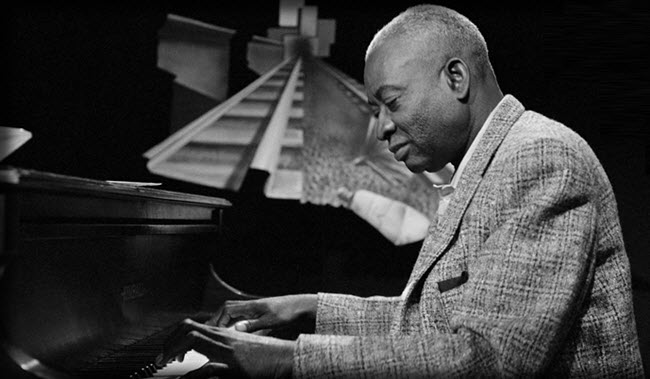
Thomas Dorsey Playing The Piano
Musical Interruption
He had reached a point in his life when he could not produce the lyrics or the music he so easily created in the past. In fact, he could do nothing at all. He could not practice, compose or perform. The doctors called it a nervous breakdown; Dorsey called it a “God interruption.” His mother traveled to Chicago to nurse him back to health.
During this time, his mother advised him to select the divine music over the devil’s. However, once he recuperated, he returned to the music that paid—the music of jazz and the blues. The conflict between Dorsey’s secular and spiritual strivings would not rest, causing him so much anguish and despair that he could no longer perform his duties in either realm. During this second “God interruption,” he was in so much despair that he considered suicide.
As a remedy, his sister-in-law invited him to her church and the pastor there told him, “Dorsey, the Lord has too much work for you to do to let you die.” (Harris, p. 96) Then the pastor pulled a serpent from Dorsey’s throat. This supernatural experience coupled with the death of a neighbor inspired Dorsey to write his first gospel blues song entitled “If You See My Savior, Tell Him That You Saw Me.” He was on his way to recovery.
From 1928-1931, Dorsey tried to sell his gospel music to local churches only to discover they would not embrace the sacred music he infused with blues and jazz syncopations. The African-American church which had successfully incorporated European sacred classics into its Sunday morning worship service refused to consider incorporating Dorsey’s music into its services. His music did not reflect the class and culture preachers were trying to promote in their conservative churches. Reluctantly, he returned to what he knew best –composing secular music.
Though immersed in composing the secular, Dorsey still had one foot in the gospel world and continued to compose gospel songs.
Turning point
In 1932, while in Indianapolis organizing a choir, Dorsey received tragic news. His wife and son died in childbirth. Thomas turned to the one source of comfort that he knew – the piano. A mystical experience occurred. As his hands hovered over the keys, a strange sensation took over him, and he began to play a melody and the accompanying words followed. From this experience, he composed, “Precious Lord, Take My Hand,” his most famous gospel classic sung in churches across America. Dorsey always maintained that this song came from God himself.
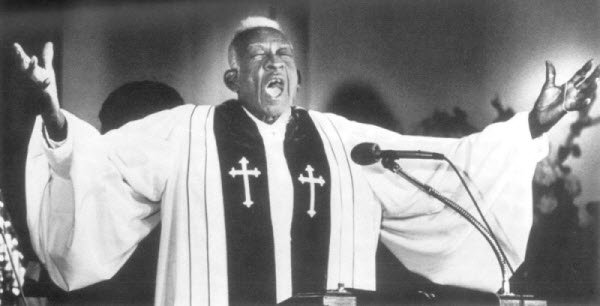
Thomas Dorsey Singing In Church
Gospel Choirs
Dorsey knew that when he heard a minister named Rev.W. M. Nix, emotional singing at a conference in 1921, he wanted to be just like him. Though initially, he attempted to live in both worlds, in 1930, he finally heeded his mother’s advice and immersed himself in the gospel tradition. He attained a position at Pilgrim Baptist Church in Chicago where he organized one of the first gospel choirs. He also founded the first gospel publishing house by African American composers. By organizing the first National Convention of Gospel Choirs and Choruses in 1932, he nationalized the gospel music tradition.
By obeying the voice of God and utilizing his gifts, Thomas A. Dorsey, revolutionized sacred church music and ushered in a new genre: gospel.
Sources
Darden, Robert. People Get Ready: A New History of Black Gospel Music (New York: Continuum Publishing Group, Inc.) 2004
Harris, Michael W. The Rise of Gospel Blues: The Music of Thomas Dorsey in the Urban Church. (New York: Oxford University Press) 1992
Levine, Lawrence W. Black Culture and Black Consciousness: Afro-American Folk Thought from Slavery to Freedom (New York, Oxford University Press, 2007)
Say Amen Somebody. Dir. George Nierenberg. GTN Pictures, 1982. DVD


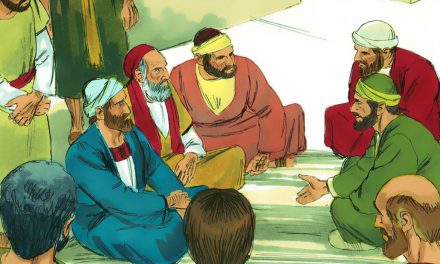

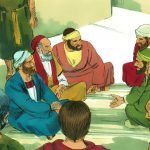

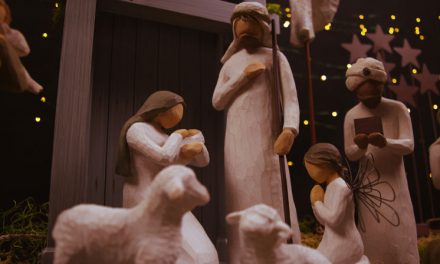



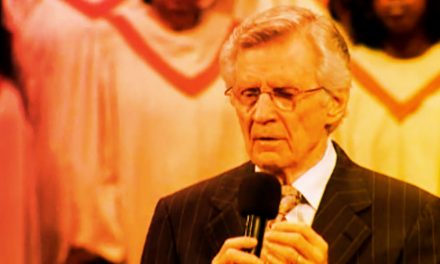

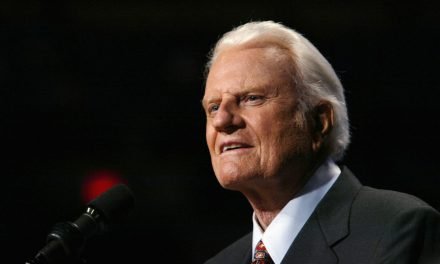
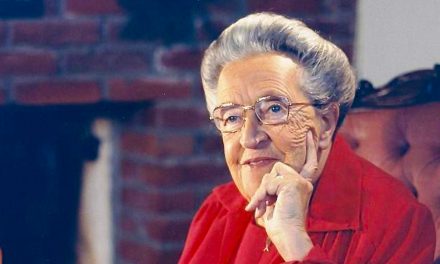
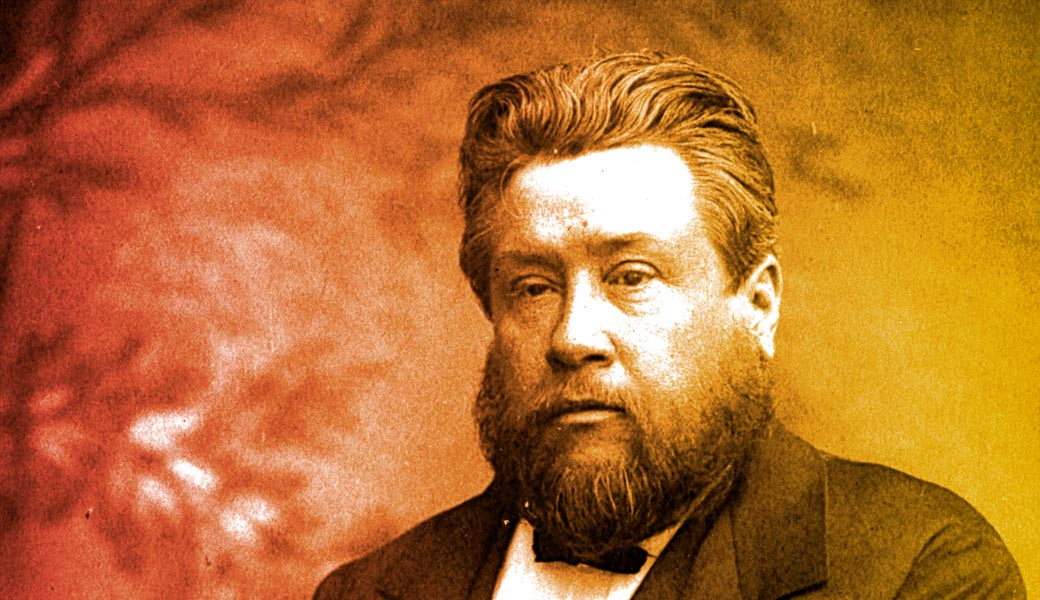

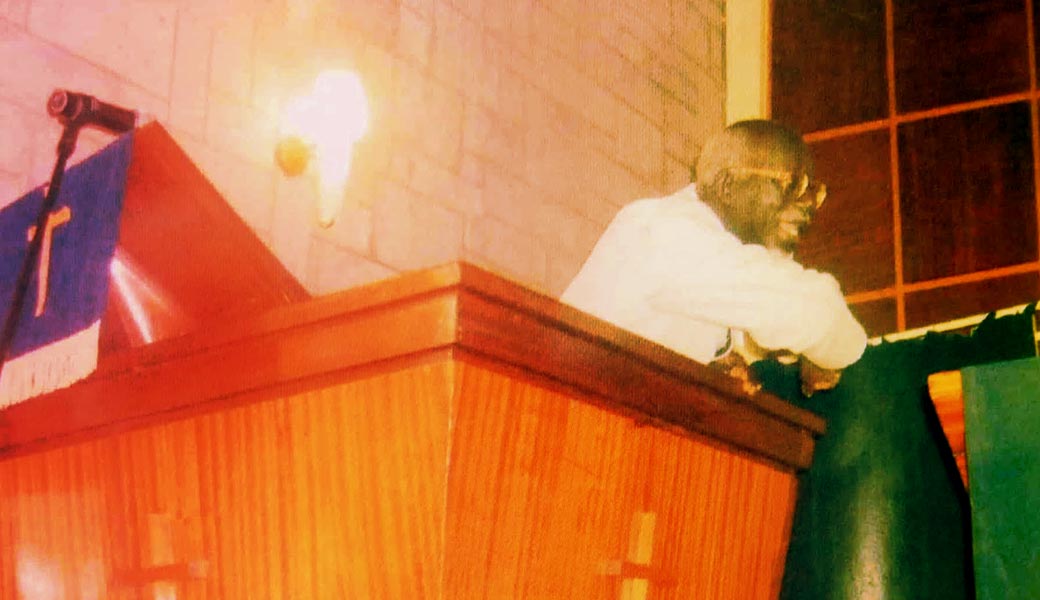

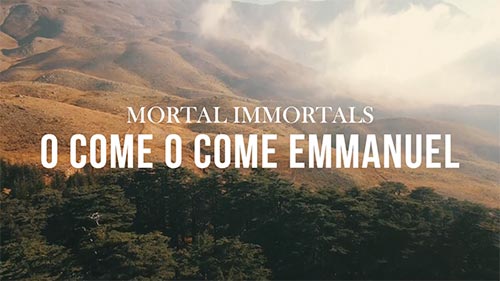
Praise the lord, praise the lord awesome, awesome, awesome.the Hallelujah????????????????????????????????????????
Margo McKenzie, it was a pleasure reading your article about Thomas Dorsey at the time I was researching history on Gospel genre. I operate a Christian & Gospel artist booking agency and wanted to find something interesting to talk about on my blog and of course I discovered some very uplifting, heartfelt, inspiriting facts on Thomas Dorsey including in your publishing. I now have a shot narrative to post! Thank you for the insight. Continue to be blessed with your publishing.
I know that this comment was posted a while ago but i am a student who is doing a Nation History Day project on the history of gospel music and I was looking to get some interviews from people who know about gospel music in any way. i just read your comment and thought it would be worth a try to see if you would like to help.
Tommy Dorsey was born in Villa Rica, GA. not Villa Rico, GA Just a typo but should be corrected.
A later book on the legacy of Thomas Dorsey won an Indie 2016 Award in African-American History. Its title is “Anointed To Sing The Gospel: The Levitical Legacy of Thomas A. Dorsey” available in print and digital media. http://www.joyfulnoisepress.com.
What as awesome article about minister of music, Thomas Dorsey. Gospel music is one of those rare authentic cultural art forms that we can be proud of and truly say that it was made in America.
this is so inspiring
Great revelation of Tomas Dorsey’s life.
Great relevation about Tomas Dorsey’s life.
Ms McKenzie,greetings from Germany. Thank you for your biography of Thomas Dorsey. As a Christian and jazz singer,it’s absolutely inspiring to think that the same man who wrote ” Tight Like That” could, by grace, also be led to write ” Precious Lord” ! Once again, thank you. As they in Germany,” Mach weiter( mock vy tuh)”= continue with the good work. So, my dear sister, please keep writing. As a songwriter of both jazz and praise, this article was a word of wisdom and encouragement. Mach weiter! Brenda Boykin.
Praise the Lord that he did in the end choose to use his gifts to bring Glory to The Living God!
Awesome !!